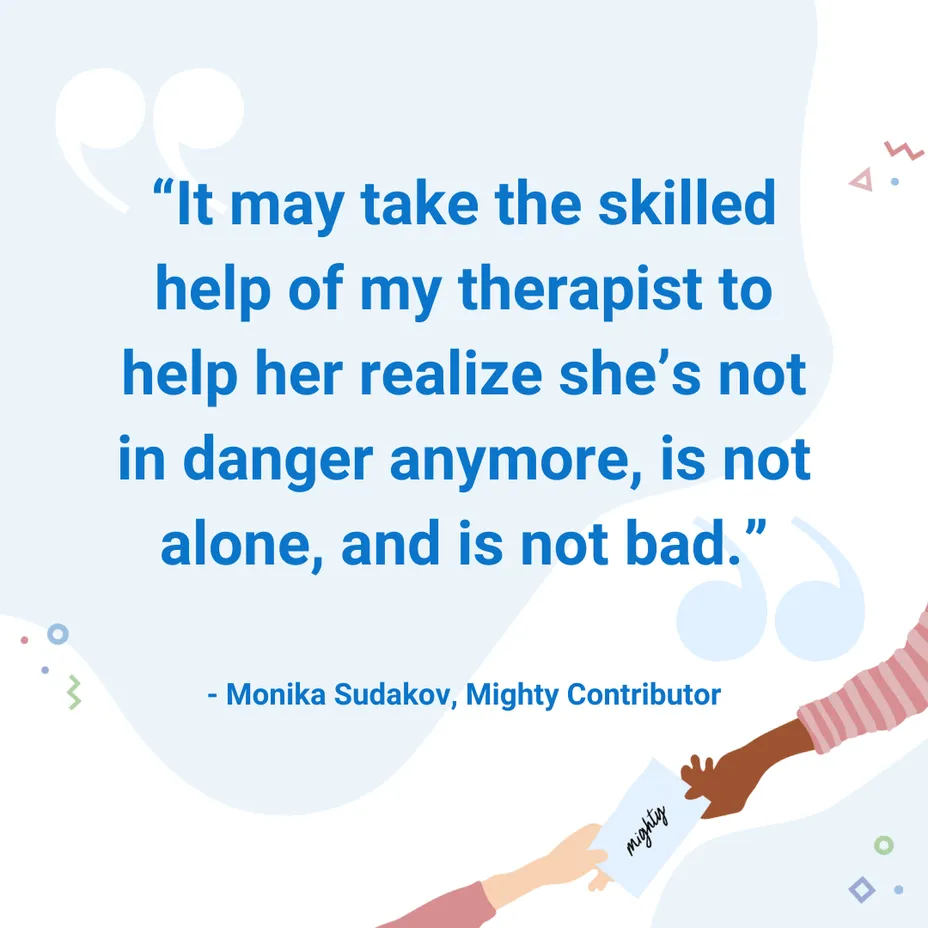If you could say anything to your inner child, what would it be?
Hi everyone! I’m one of The Mighty’s senior editors, and just a few weeks ago, we published this fantastic article from Monika Sudakov on her experience with her inner child in trauma therapy:
themighty.com/2021/10/trauma-therapy-inner-child-triggered
It got me thinking about my own inner child work, as limited as it was at the time, and how I really struggle to connect with my inner child — that sad little boy who feels alone, scared, discarded, and confused, who doesn’t understand the way his mummy is so volatile and why his daddy just accepts it. For context, I’ve been working through the realization that my childhood was saturated with emotional and verbal abuse from my mother, and it’s bringing a lot of childhood experiences, including bullying, to the surface.
A therapist once asked me to visualize meeting my inner child on a country road as he turns around the corner and walks towards me. They asked me to stop with him and see what happens — what he says, and what I want to say to him. It was a surreal experience, feeling how utterly lost and alone he was. I wanted to hold him, comfort him, and tell him it would all be OK one day.
With this in mind, it begs the question: if you could say absolutely anything to your inner child about what they experienced, what would it be? Would they be words of comfort, or do you struggle to form a connection with them, like Monika does in the article?
For me, I’d tell Little Me that… it’s going to be OK. Things are scary, and it feels like nobody in the world understands, but there are people who love him and there will be people who care.
If you have the emotional spoons, please share what you’d tell your inner child in the comments below, and let me know how you relate to the story! Sending love to all of you. We’re in this together — our adult selves and inner children, together.
#Trauma #CheckInWithMe #PTSD #CPTSD #MentalHealth #Depression #Anxiety







